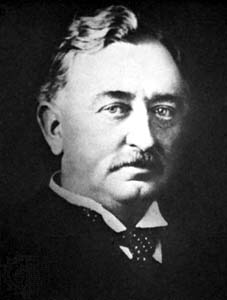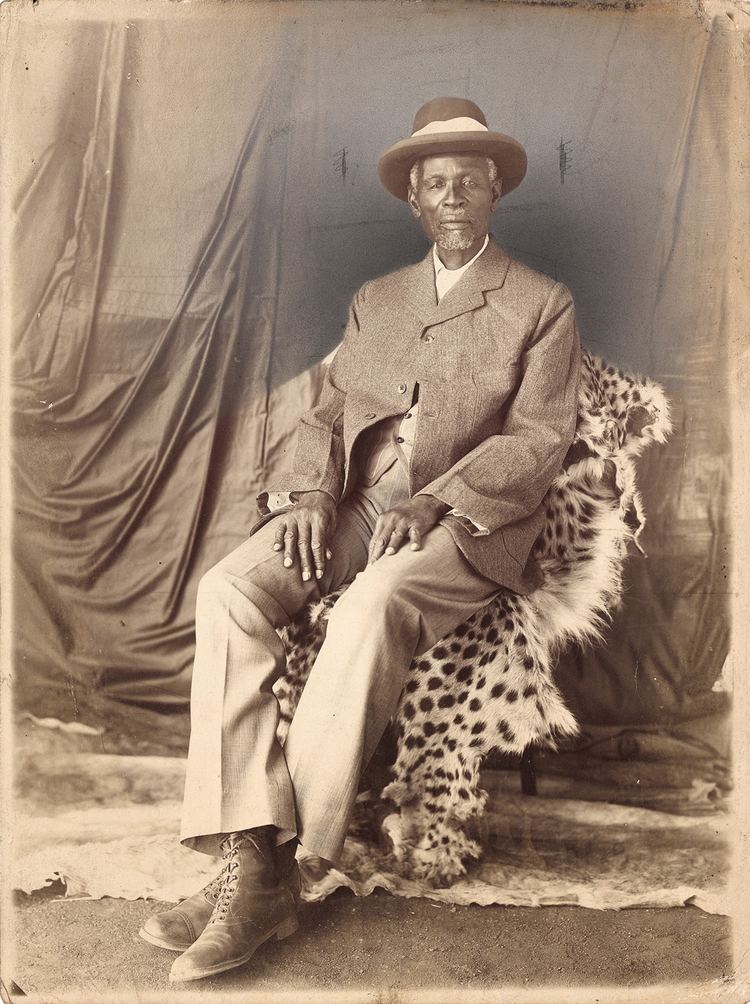
1. THE ROLE OF AMADLOZI IN NDEBELE SPIRITUALITY 🇿🇼
Amadlozi are spiritual beings & their name is derived from dloza, meaning "to care for or to protect". Because the spirit world is believed to be situated below the earth (phansi), amadlozi are often referred to as abaphansi.
Amadlozi are spiritual beings & their name is derived from dloza, meaning "to care for or to protect". Because the spirit world is believed to be situated below the earth (phansi), amadlozi are often referred to as abaphansi.

2. Amadlozi are believed to be departed relatives of an individual who live in the spirit world and are regarded as intermediaries between their living relatives and the spirit world and they work hand in hand with uMvelinqangi /God.
3. Amadlozi communicate with the living in the form of dreams, bringing sickness and sending snakes to homesteads to announce their presence. Amadlozi are considered as a source of blessings, good luck, fortune, guidance and assistance to mankind.
4. It is believed that when a person is born his martenal or paternal spirit or spirits are assigned to look after him/her as his guiding spirits throughout his lifetime. They influence his/her life to prosper. They bring good fortune and success and protect him/her from danger.
5. If the person commits evil deeds or neglects his ancestors, they also turn their backs on them and leave them exposed to danger and evil people /abathakathi. Amadlozi also don't dwell in homes where there are constant conflicts and fights. Ayafulathela. They live in peace.
6. In every Ndebele home there was a place called umsamo. Umsamo is indawo yokuphahla/ a prayer place, where they burnt incense/impepho & made offerings to their ancestors. Umsamo could be the back of a hut, a special room, a bedroom or a spot in a certain room in a homestead. 

7. Idlozi is brought into the homestead through a ceremony called umbuyiso. It starts in the form of isithunzi/ shadow after death, referring to the force or personality that leaves the body at death and wanders aimlessly until it is brought home /ukubuyisa. 

8. Umbuyiso ceremony is designed to transform and integrate isithunzi (as an idlozi, or ancestor proper) into the council of powerful ancestors who have control over the living in a particular family or clan.
9. Every new born in a family was placed formally under the control of the ancestors to whose line it belonged by the sacrifice of a goat known as imbeleko, the skin of which was used to carry the baby on its mother's back.
10. Ndebeles believed that uMvelinqangi/God was rarely involved in human affairs but delegated many administrative functions to amadlozi who, therefore, were actively and constantly involved in the world of the living. 

11. As a result whenever sickness or evil befell an individual or community the first port of call was to contact amadlozi and fix their relations with them and make things right to take away the cloud of darkness/umnyama hovering over them.
12. Umnyama is a spiritual state of darkness and gloom hovering over an individual. Hence people would say ubani ulomnyama or amabhadi. Meaning that a person's life is doomed to fail because amadlozi amfulathele. A shadow of darkness follows them.
13. Umnyama was removed by appeasing amadlozi through reviving umsamo and making sacrifices to them. A bull would have to be slaughtered, beer brewed and prayers of forgiveness made through the burning of impepho. Lastly the person with umnyama had to be cleansed.
THE END
THE END

• • •
Missing some Tweet in this thread? You can try to
force a refresh
















